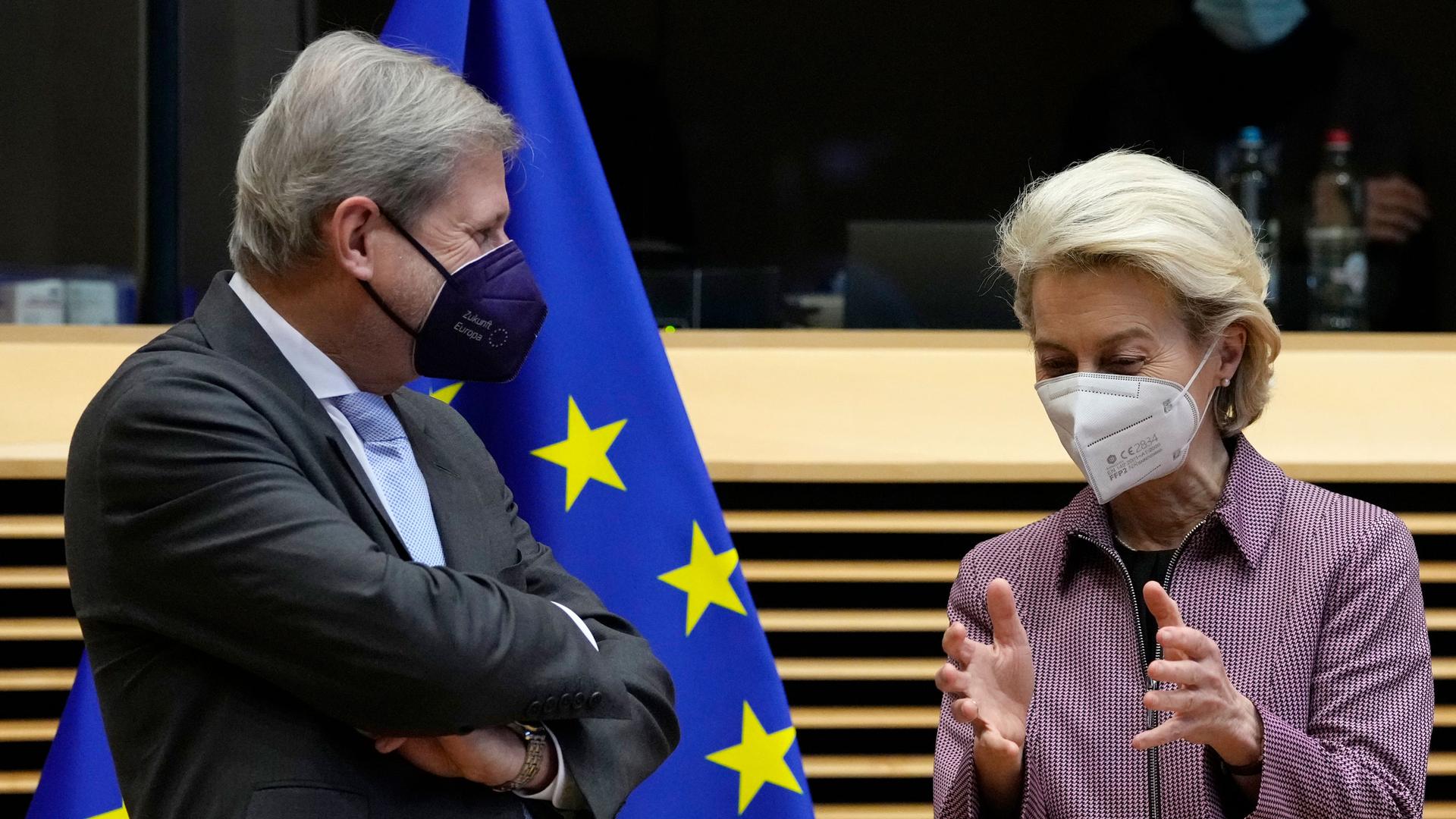This analysis was featured in Critical State, a weekly foreign policy newsletter from Inkstick Media. Subscribe here.
Last week on Deep Dive, we focused on new research about how an independent central bank can be an asset for countries trying to put down rebellions within their borders. This week, we’ll look at the security effects of another mechanism that countries use to signal financial stability: Keeping their budgets in order.
Related: Monetary policy by other means: Part I
Fighting a war requires raising money, and raising money requires convincing potential donors and lenders that you’re a good investment risk. When countries go abroad to raise war funds, an independent central bank can help convince creditors that their loans will be repaid before the country’s financial system goes belly up. When countries raise money at home, however, the result depends more on the public’s faith in the country’s fiscal policy than its monetary policy. When people get taxed, they want to be able to tell where the money goes. When they can’t, they tend to get restless.
For political scientists Gary Cox and Mark Dincecco, the most basic element of a sound fiscal policy is what they call a “credible budget.” This means a budget that the state is legally required to produce, has a defined length (usually a year), and can be evaluated by some sort of representative body. In short, the state should be able to show how much it wants to spend, how long it will take to spend it, and be willing to take questions about why it is spending $1.7 trillion on bad jets.
Cox and Dincecco take that definition for a spin in their new article in the Journal of Politics, where they use the experience of states in early modern Europe to test whether credible budgets lead to improved performance in wars. In that period, when European states were still consolidating their power and state institutions were frequently in flux, there was considerable variation in how states arranged their fiscal affairs. One thing everyone agreed on, however, was that spending more money made you more likely to win wars. Most leaders of the era saw wars as essentially spending contests — whoever could bring more cash to bear would win in the end.
By tracking the fiscal structure of 10 European powers, Cox and Dincecco measured how moving toward budget credibility affected both state spending in wartime and the outcomes of the wars the states were involved in. The numbers they come up with are pretty convincing. In states with no credible budgets, wars resulted in hardly any added expenditure. Rather than finding ways to raise more money, rulers demanded in-kind contributions to the war effort from their subjects, including labor and conscription. In states that took on credible budget structures, however, not only did peacetime spending increase but wartime expenditures grew some 38% beyond peacetime levels.
That massive increase in spending bought victories. Studying wars that states with credible budgets fought against those without them, Cox and Dincecco find that the states with more advanced fiscal structures won over two thirds of the time.
The debate Cox and Dincecco are most interested in influencing with their work is over the origin of the apparent advantage democracies have in fighting wars. Some argue that democracies win wars against autocracies because when a state’s population is involved in the decision to go to war, they will offer more inputs to the war effort and extract fewer costs to stand up a fighting force – basically, that participatory democracy makes warmaking go smoother. Others, however, say that what democracy really does is prevent executives from getting involved in stupid wars that they can’t win. By constraining executive power, it incentivises military moves that are actually in the country’s best interest. Cox and Dincecco come down on the latter side. Credible budgeting, they point out, is hardly limited to participatory democracies, and the martial benefits of fiscal responsibility do not fade just because autocracies are the ones being responsible. When any kind of executive is held accountable for their spending choices, the researchers argue, their chances of military success improve.
Critical State is your weekly fix of foreign policy without all the stuff you don’t need. It’s top news and accessible analysis for those who want an inside take without all the insider bs. Subscribe here.
